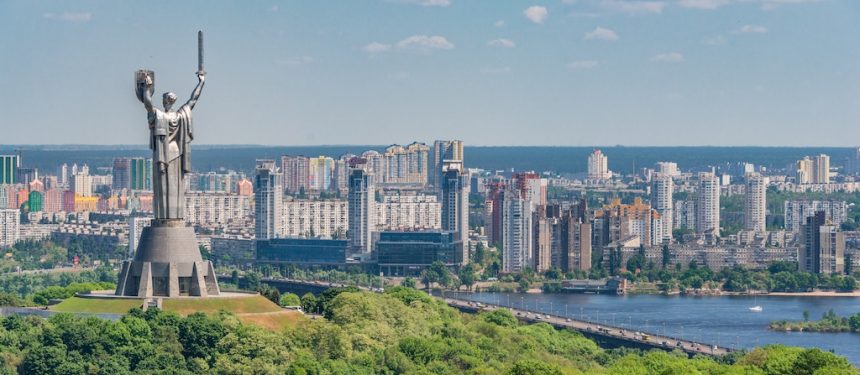https://thepienews.com/news/ukraine-no-panic-universities-operating-as-usual-say-educators
Posted on Feb 16, 2022 by Viggo Stacey
As political leaders continue to seek a resolution to the build-up of Russian forces on Ukraine’s border, international education stakeholders in the Eastern European nation have said that the situation at universities remains stable.
While the international community has been concerned with tensions around the Russian military build-up, ahead of what some indicate is Russia preparing to invade Ukraine, the director of Ukrainian State Center for International Education told The PIE the “situation in Ukraine is stable, there is no panic”.
“I would like to stress again that there are no dangers, no problems,” Olena Shapovalova, director of the centre within the Ministry Education and Science of Ukraine, said.
“The Ukrainian universities operate as usual,” she noted.
Asked whether international students have left the country – as is the case reported about a UK student returning after the UK foreign office urged all British nationals to leave the country on February 11 – Shapovalova emphasised that any decision should be made by international students themselves.
“They always can agree on with the university about online study,” she explained, adding that some universities have introduced mixed or online studies as a result of the Covid-19 pandemic.

In 2020, Ukraine hosted 76,458 international students, 15,718 of whom were from former Soviet states. Photo: pexels
UK student Haider Ali who is a medical student at Dnipro Medical Institute in the country’s fourth largest city said he bought a flight ticket early to “avoid the panic”. He told BBC News that many his fellow British had also return to the UK during the weekend.
However, UK students only make up a fraction of the international student cohort in Ukraine, which at last count in 2020 stood at 76,548 from 155 countries, according to government statistics.
With some 24% of international students from India, other key markets for international students include Morocco (12%), Turkmenistan (3.7%), Azerbaijan (6%) and Nigeria (5.5%).
Ukrainian ambassador to India Igor Polikha told India Today that the nearly 20,000 Indian students in Ukraine should keep calm.
“Taking into account active negotiations that are underway, I don’t see any immediate reason for massive evacuation of Indian students in Ukraine. They should monitor the situation but should not panic,” Polikha said.
According to Tetiana Kaminska, co-founder & CEO at Education in Ukraine, opportunities in the country are a “worthy alternative” to prestigious universities in Europe and North America, especially for students from the Asia-Pacific region, Africa and the Middle East.
It is one of the “most preferable destinations” for aspiring students who want to study MBBS in areas such as general medicine, paediatrics, pharmacy, dentistry and surgery in abroad, according to the company that provides support to prospective international students.
Kharkiv in the northeast of Ukraine – and around 25km from the Russian border – is home to two institutions most popular among international students in the country. V.N. Karazin Kharkiv National University and Kharkiv National Medical University enrolled 4,277 and 4,215 international students in 2020, respectively.
“We remember that all this did not start yesterday”
Shapovalova’s comments chime with those of the Ukrainian president Volodymyr Zelensky who has said he believes “all normal people expect de-escalation”.
“As for the threat, I have said many times that we are calm about any threats because we remember that all this did not start yesterday. This has been happening for many years,” he said on February 16.
Over 14,000 people have died fighting in Ukraine’s Donbas region in the east of the country in the eight years since the ‘Maidan revolution’ in early 2014.